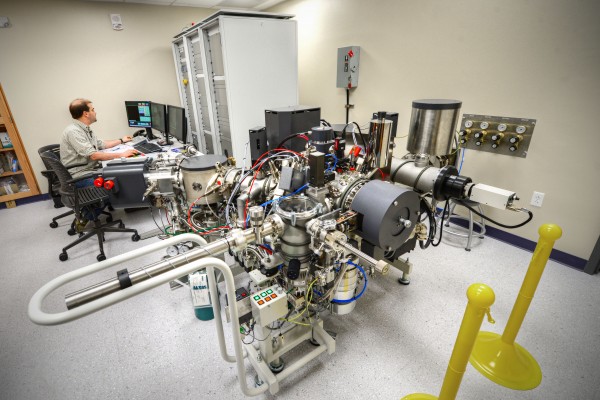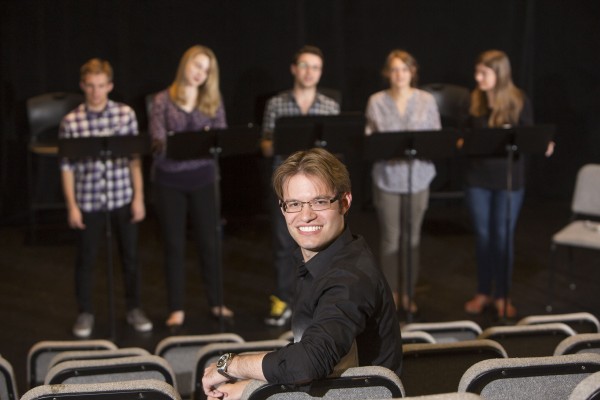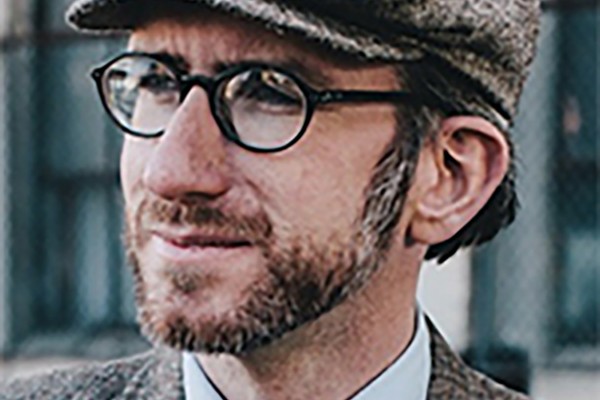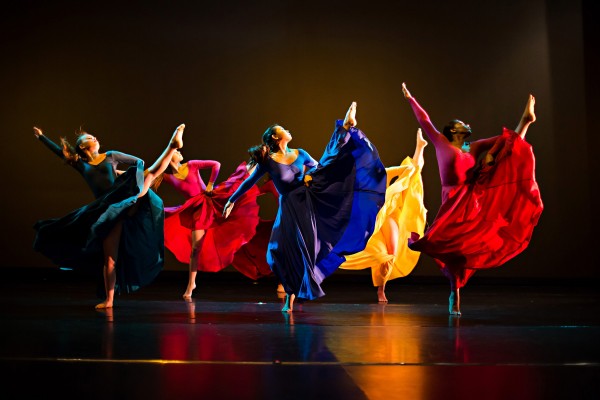WashU Expert: Boehner unable to pacify ‘no compromise’ Tea Party
While party politics have put House Speaker John Boehner (R-Ohio) in the hot seat in recent months, his hasty resignation from Congress this morning was unexpected, suggests Steven S. Smith, PhD, a nationally recognized expert on congressional politics at Washington University in St. Louis.
WashU Expert: Pope Francis’ push for social justice builds on core Catholic tradition – mercy
While Pope Francis’ whirlwind tour of the United States might seem like a politicized poke-in-the-eye to some conservative American Catholics, his itinerary and social justice talking points closely mirror core Catholic beliefs detailed in church scripture since Matthew wrote his gospel, suggests a historian of Christianity at Washington University in St. Louis.
Music’s Todd Decker speaks at Fred Astaire celebration
Todd Decker, PhD, chair of music in Arts & Sciences at Washington University in St. Louis, spoke this month about musical film star Fred Astaire at a study day titled “Fred Astaire and Ginger Rogers: A London Celebration” at the Victoria and Albert Museum.
$2.4 million instrument upgrade will let scientists see what is happening inside microbes
The U.S. Department of Energy has awarded David Fike, PhD, associate professor of earth and planetary sciences, $2.4 million to adapt a powerful chemical microscope called the 7F-GEO SIMS for biological samples. The updated instrument’s ability to map the chemistry inside cells will boost research on microbes that are promising candidates for biofuel or bioenergy production.
Wertsch named David R. Francis Distinguished Professor
James V. Wertsch, PhD, founding director of one of the most successful and innovative global scholarship programs in the world, has been named the inaugural David R. Francis Distinguished Professor at Washington University in St. Louis. Wertsch is vice chancellor for international affairs and director of the McDonnell International Scholars Academy.
Inside the Hotchner Festival: Cary Simowitz
In “The Divine Buoyancy of Being,” Cary Simowitz explores what happens when youthful dreams collide with economic reality, entry-level positions and the unintended consequences of a governmental shutdown.
McCune wins GLBTQ Book of the Year
“Sexual Discretion: Black Masculinity and the Politics of Passing” (2014), by Washington University in St. Louis associate professor Jeffrey McCune, PhD, has been named Book of the Year by the National Communications Association’s GLBTQ Communications Studies Division and Caucus on GLBTQ Concerns.
WashU Expert: Housing Syrian refugees
In response to the Syrian crisis, many in St. Louis have called for the city to increase its acceptance of refugees. Architectural historian Michael Allen says existing housing stock could easily accommodate thousands of new residents.
Postdoctoral fellow launches digital journal of Yiddish studies
Saul Noam Zaritt, PhD, the Friedman Postdoctoral Fellow in the Department of Jewish, Islamic, and Near Eastern Languages and Cultures in Arts & Sciences at Washington University in St. Louis, has launched a new digital journal of Yiddish studies.
Performing Arts Department 2015-16 season
A play is a text but also a performance. Dance is a discipline but also a communication. To be truly understood, both must be experienced live. For its 2015-16 season, the Performing Arts Department will present classic comedy and contemporary drama as well as original works by faculty and students.
View More Stories




